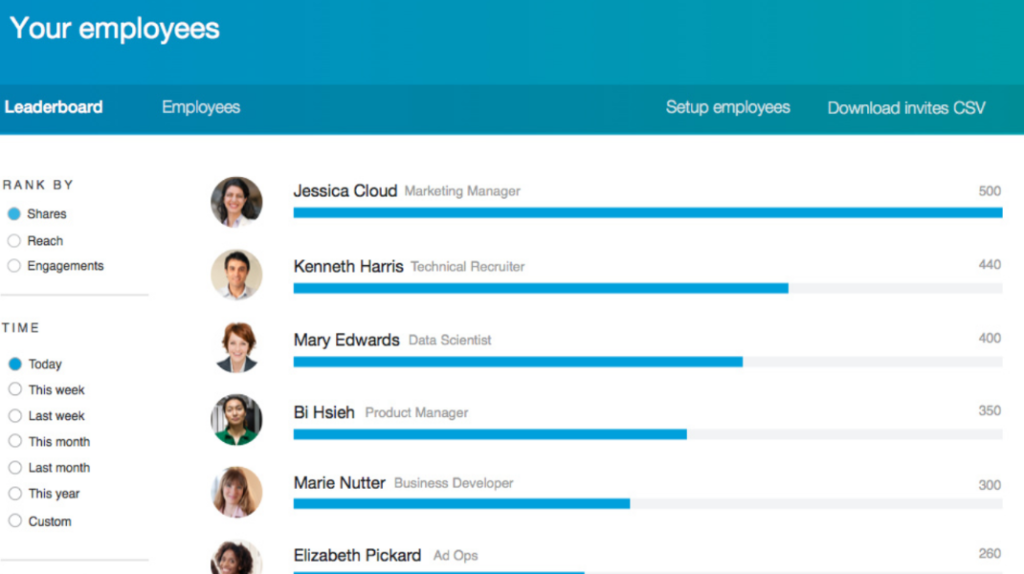“So every purchase initiated or prompted by a recommendation you make raises your Conversion Rate. If your purchase or recommendation spurs fifty others to take the same action, then your CR is x50. There are Circlers with a conversion rate of x1,200. That means an average of 1,200 people buy whatever they buy. They’ve accumulated enough credibility that their followers trust their recommendations implicitly, and are deeply thankful for the surety in their shopping. Annie, of course, has one of the highest CRs in the Circle.
The Circle, p. 252
In May 2017 I invited Adrian Hon, entrepreneur, author and futurist, to our speaker series at Mozilla. I’d read his book, A History of The Future in 100 Objects, after hearing him read from it at The Long Now, and I fell in love with the approach of giving retrospectives from an imagined (and well-informed) future vantage point. As we discussed what scenarios could be most relevant and meaningful for us at Mozilla, we decided to arrive on surveillance as a focus.
Specifically, Adrian presented from the perspective of someone in 2027 looking at us then (in 2017), in awe of how readily everyone accepted ongoing, intimate surveillance in the home through devices from Amazon and Google, after buckling so strongly in response to CCTVs in the 1990s.
It’s two years later and nothing freaky has happened with Siris or Alexas (yet). But we have gotten less trusting of surveillance in the home as we continue to learn more about the implications of our data; surveillance capitalism is emerging from academia to the mainstream.
That is, we’re more aware and (legitimately) wary of how our personal data can easily be misused in consumer free and commercial services. But what about surveillance in the workplace?

This screenshot is not from the Circle. It’s an enterprise tool licensed by major companies to encourage their staff to post content about their company on a business-social network. (UPDATE: looks like that particular surveillance tool was somewhat shelved and everyone I speak with at this business-social network sort of ducks when I ask about it. Perhaps the learnings are going into this effort – sort of like Facebook started with… Beacon).
It is opt in, and the marketing doesn’t suggest companies tie job performance to these dashboards (though…their client endorsers advocate using them to exert social pressure among teammates). And, in fairness, corporations have been able to monitor at least some of their staff’s activity for a long time (though…maybe not quite to the extent that technology offers today. At all).
As the past few years certainly remind us, just because you can, doesn’t mean you should. Guess we’ll see.
p.s. just came across this Quartz piece – from two years ago – lamenting the advent of corporate surveillance (and echoing my fears of Slack). la la la.
p.p.s. October 2020 about Amazon monitoring its workers.
p.p.p.s from November 2020: Microsoft (who owns the company referenced in the main post) is here for us.